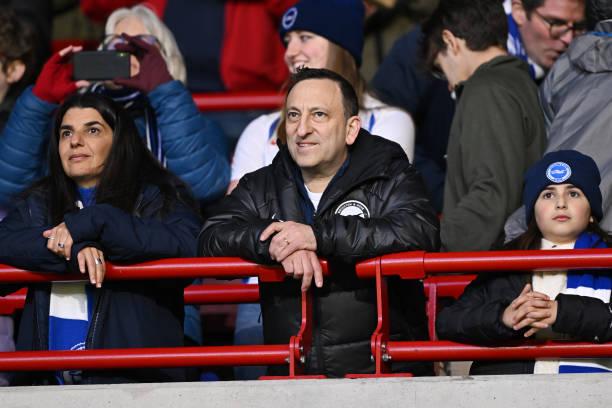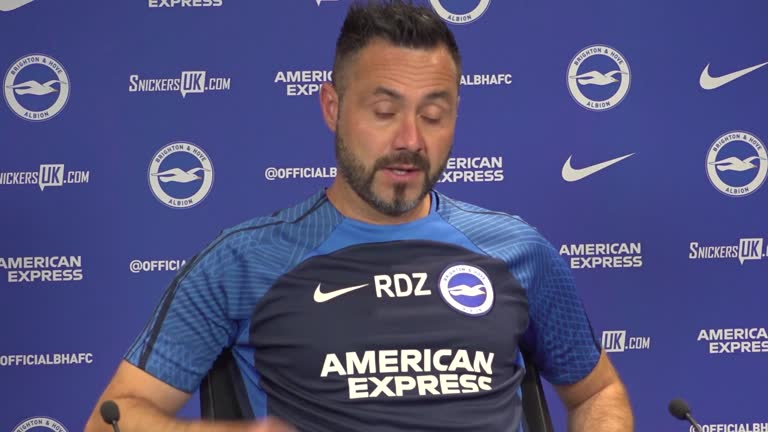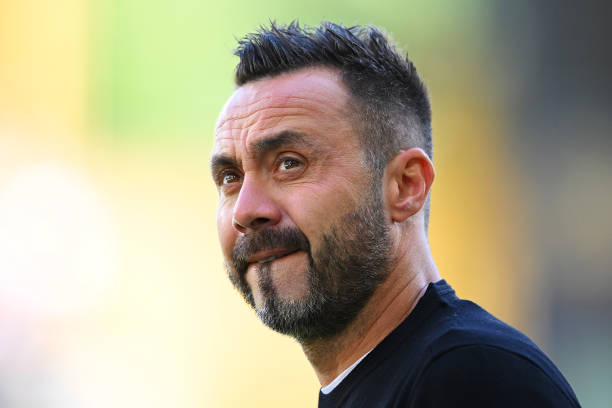Brighton and Hove Albion’s Chairman Tony Bloom shed light on the departure of Roberto de Zerbi at the end of last season, attributing it to a deep-rooted clash between the Italian coach and the club’s ethos. De Zerbi’s exit was announced just before Brighton’s match against Manchester United, with the decision aimed at providing both parties ample time to plan for the future.

Despite De Zerbi’s successful tenure at the AMEX Stadium, which garnered interest from top clubs like Chelsea and Barcelona, his departure was a surprise due to a disagreement over Brighton’s transfer strategy. The club’s approach of selling key players for profit and replacing them with promising but lesser-known talents based on data-driven recruitment clashed with De Zerbi’s preferences.

Bloom emphasized that at Brighton, decisions regarding transfers are predominantly made by the transfer and scouting department, a structure De Zerbi was not entirely aligned with. The club’s methodology involves a collaborative effort between the club and the head coach in player recruitment, with a strong emphasis on compatibility with data analysis.
In essence, the parting of ways between Brighton and De Zerbi stemmed from differing ideologies on player recruitment and strategic decision-making processes within the club.

After Roberto took over in September 2022 following Graham Potter’s departure, we detailed the approach and philosophy. Lack of alignment between the head coach and the club spells long-term trouble. Brighton’s successful strategy hasn’t wavered, as even De Zerbi’s coaching prowess couldn’t sway their stance. Now, with Fabian Hurzeler, they seek a manager who excels tactically and collaborates well with the team.